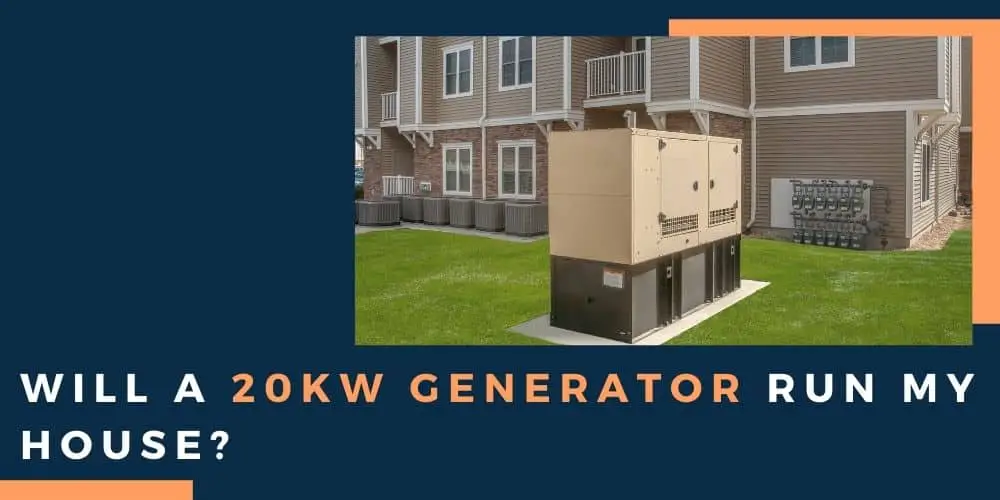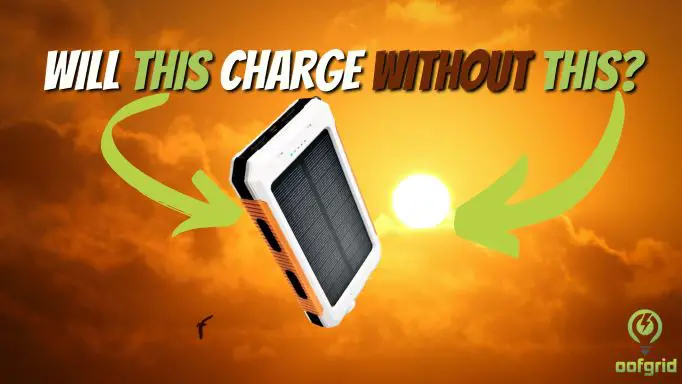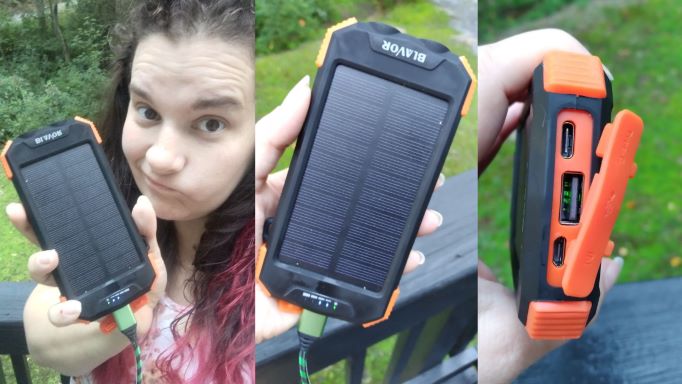If you’re tired of being left in the dark every time there’s a power outage, you’ve probably been thinking about buying a generator.
However, when you start your search for the perfect generator, there are a few things you need to consider. The most important of these is the amount of power your chosen generator can produce.
Every appliance in your home uses a set amount of watts to function. So, to keep everything running during a power outage, your generator needs to be able to match the total combined wattage of each appliance.
So, what is the right amount of wattage to look for? Generally speaking, a 20KW generator is powerful enough to run a house, but ultimately it depends on how many appliances you’d like to keep running during a blackout.
Let’s explore this in more detail below.
Contents
The Power Requirements Of The Average Home
Different houses have different power requirements depending on their size and the number of appliances being used at any given time. However, the average household power usage is around 9000KWs per hour.
This means that a 20KW generator would be powerful enough to run a house for 2 hours if that house were to continue functioning as normal.
However, during a power outage it’s often a good idea to reduce the number of appliances being used, as this will allow the 20KW generator to run essential household appliances (such as refrigerators, lighting, and heating) for a longer period of time.
Now, you might think it would be a good idea to go larger than 20KW in order to keep all of your appliances running for a longer period of time. However, this isn’t necessarily the case.
If you go too large (let’s say, above 20KW), then you’ll basically be paying more for a generator that you don’t actually need. And, with that, comes the added cost of paying for more fuel to keep the generator running.
Likewise, going too small will result in an increased fuel bill as you’ll need to top it up more often. Not to mention, you run the risk of overloading the generator which can cause it to overheat.
When this happens the chances of severely damaging the generator increase, and you could also cause a lot of damage to your expensive appliances.
How Much Power Do Appliances Use?
Different appliances have different power requirements. By taking this into account you’ll be able to see how many things you’ll be able to keep running with a 20KW generator and for how long.
Below, we’ve put together a wattage chart to help you get a more accurate idea of how much power each of your appliances uses. This will also help you determine which are essential during a blackout, and which can probably be left turned off for a few hours.
| Appliance | Watts Per Hour |
| Air Conditioner | 500 – 1500 watts |
| Television | 50 – 100 watts |
| Refrigerator | 600 – 800 watts |
| Freezer | 150 – 400 watts |
| Lights (Individual Bulbs) | 7 – 100 watts |
| Microwave | 600 – 1000 watts |
| Washing Machine | 500 – 800 watts |
| Electric Hob | 1500 – 2000 watts |
| Internet Router | 5 – 10 watts |
Looking at the above chart, let’s say that you want to keep your refrigerator, freezer, electric hob, and washing machine running during a blackout. This would come to a combined hourly wattage of about 4000 watts per hour.
With this in mind, a 20KW generator would keep these appliances running for 5 hours if they were in constant use. Of course, the likelihood of using all of these appliances constantly for 5 hours is quite small, but this should give you a general idea of how power consumption works.
Read our review on all the best Whole house generators here!
Calculating The Generator Size You Need For Your Home
Every home is different, and the appliances that you deem as ‘essential’ might be different from those that other people would.
So, while a 20KW generator is generally a great choice for running a house during a power outage, you’ll still need to work out what size of generator is best for your individual needs.

Luckily, there is a very simple way to do this. Below, we’ve outlined the steps you need to take to calculate the best generator size for your home:
- List every appliance that you want to power during a blackout. Again, this will be personal to you but try and think about your essentials such as your refrigerator, freezer, and electric hob.
- Workout the running watts of every appliance on your list. The specific number will most likely be listed somewhere on your appliance, but if you can’t seem to find it our wattage chart above is a useful tool for working this out.
- Add each of the appliance wattages together. This will tell you how powerful you need your generator to be.
You also need to think about the starting wattage of each appliance. This is the power that the appliance needs to use to spark it into life, and it’s usually two or three times higher than the running wattage.
As you can see, working out how much wattage you need your generator to produce is a fairly easy task. However, it is worth noting that when you’re dealing with wattage and generators, you’re dealing with electricity.
With this in mind, if you’re feeling uncertain about your calculations we would recommend employing the services of a qualified electrician to help you determine what size of generator you need.
Final Word
So, to the million-dollar question – will a 20KW generator run my house? In a word, yes. A 20KW generator will give you enough power to keep your essential appliances running during a power outage.
However, as we’ve mentioned above, it’s a good idea to think about which appliances you deem as essential and then combining the total wattage of each.
This will give you a much better idea of whether a 20KW generator will be powerful enough for your home, or whether you’d be better off going with something smaller or larger.






